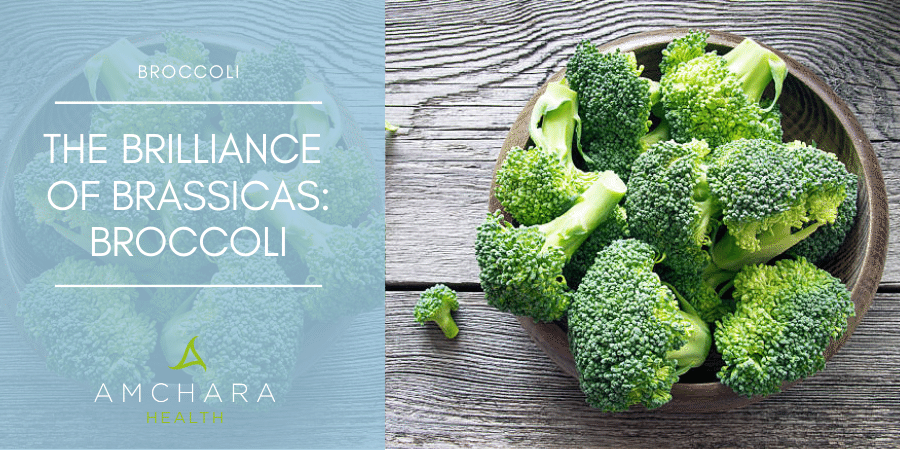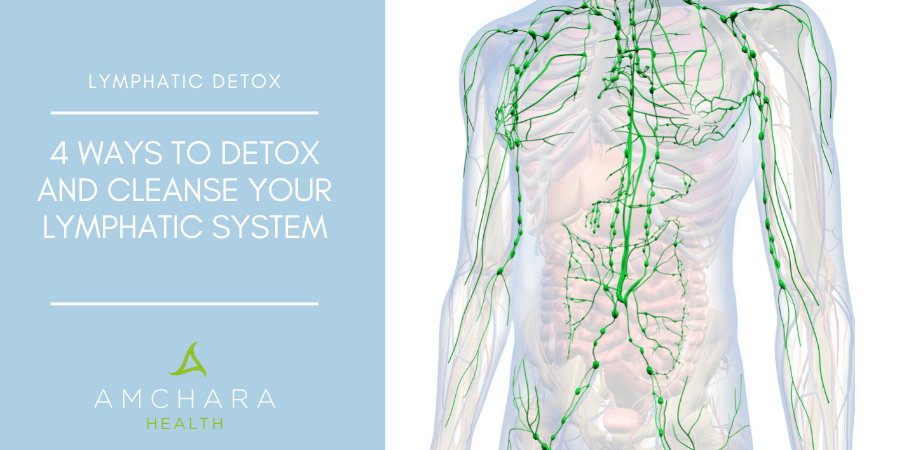Next in our series of articles about the Brassica family of vegetables is broccoli.
One of the greatest things about broccoli is that it is one of the most common vegetables in the UK and you can buy it from pretty much every food store.
Most of us are extremely familiar with broccoli and its mid-green bobbly top and chunky light green stalk, but are you familiar with the wonderful health benefits of this tasty vegetable? If not, now’s your chance to learn.
Vitamin C
Broccoli is high in vitamin C levels, which comes as a surprise to many people.
This makes broccoli a great vegetable to eat through the winter to help improve immune system function and ward off nasty coughs and colds.
Vitamin C is also important to allow the body to make collagen which is the substance that helps wounds to heal.
Once absorbed by the body, vitamin C acts as an antioxidant too, helping to rid the body of harmful free radicals that are associated with many cancers.
Potassium
Potassium is abundant in broccoli, and this is the mineral that is vital for a healthy nervous system.
It is also important to healthy brain function and for muscle relaxation and recovery, so it is a great food to eat after you have been working out or doing any form of exercise.
Blood pressure regulation
If you suffer from high blood pressure, you might benefit from eating broccoli as it contains magnesium and calcium, both of which are essential for regulating blood pressure along with potassium.
Vitamin
Broccoli contains vitamin D, as well as calcium. Vitamin D helps the body to absorb the calcium so it is the perfect combination.
Calcium is essential for good bone health and helps to prevent osteoporosis.
Vitamin D is also important in lowering bad cholesterol levels and so can help the body fight against heart problems and reduce the risk of strokes, angina and heart disease.
Skin repair
The glucoraphanin found in broccoli helps to repair the skin from sun damage, thus helping to prevent age spots, sun spots and other forms of sun damage.
It helps the skin to detoxify it too, so broccoli is a wonderful vegetable to eat if you want healthy, younger looking skin.
Cancer prevention
Glucoraphanin is also important to help prevent and reduce the risks of cancer.
Once in the body, glucoraphanin is transformed to sulforaphane, which is an anti-cancer chemical compound.
Sulforaphane helps to rid the body of H. pylori, which is a type of bacteria that is thought from research to increase the risk of gastric cancer.
It also contains the anti-carcinogen and antioxidant called indole-3-carbinol, and this is shown in research to prevent growth and metastasis of breast, prostate and cervical cancer. It is also known to improve liver function.
Healthy heart
The carotenoid lutein is found in broccoli, which is known to help keep your heart healthy and prevent heart disease.
It does this by preventing the arteries from thickening and keeps the blood flowing freely to and from the heart.
Broccoli also contains vitamins B1, B6 and folate which are all known to help reduce the risk of stroke, angina and heart attacks.
Healthy eyes
Lutein is also known to help keep the eyes healthy as it helps to prevent cataracts and macular degeneration.
The vitamin A found in broccoli is also used to form the retina in the eye.
You may want to read the rest of our Brassicas stories:





